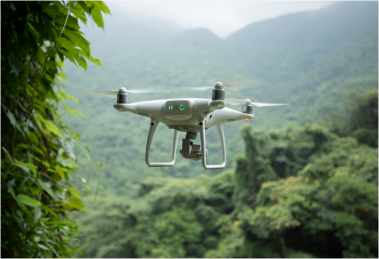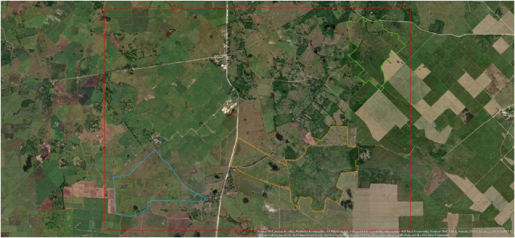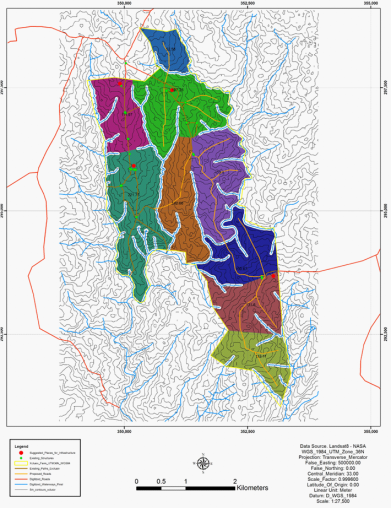Land Evaluation and Natural Resources
Assessing marginal lands is a complex process that requires a comprehensive understanding of a multitude of factors.
One must take into consideration a range of aspects, from the land’s aptitude and potential uses to its environmental and social conditions.
Moreover, one must also ensure that the land use conforms to regulatory frameworks and legal requirements. Furthermore, the assessment of marginal lands should also take into account the logistical challenges associated with harvesting, collecting, storing, and supplying products to industries. These tasks require careful planning and coordination to ensure that the products are delivered promptly and efficiently. Our experts will provide assistance to your projects in the following aspects:
Real Estate and Land survey
- Land economic value
- Business model options considering food and non-food processing options
- Soil remediation on mining sites

Location assessment
- Agro-industrial site requirements
- Grid connection and road accessibility considering logistics
- Soil capacity and land. Use changes

- Climate change trends
- Grass, forestry, and bush management
- Regenerative agriculture potential for biomass cultivation
- Land use changes for bioenergy considering food and biodiversity
- Reclamation lands
- Erosion control and soil conservation
- Wetland protection
- Watershed monitoring
- Habitats and Biodiversity for land conservation
- Soil and vegetation productivity



